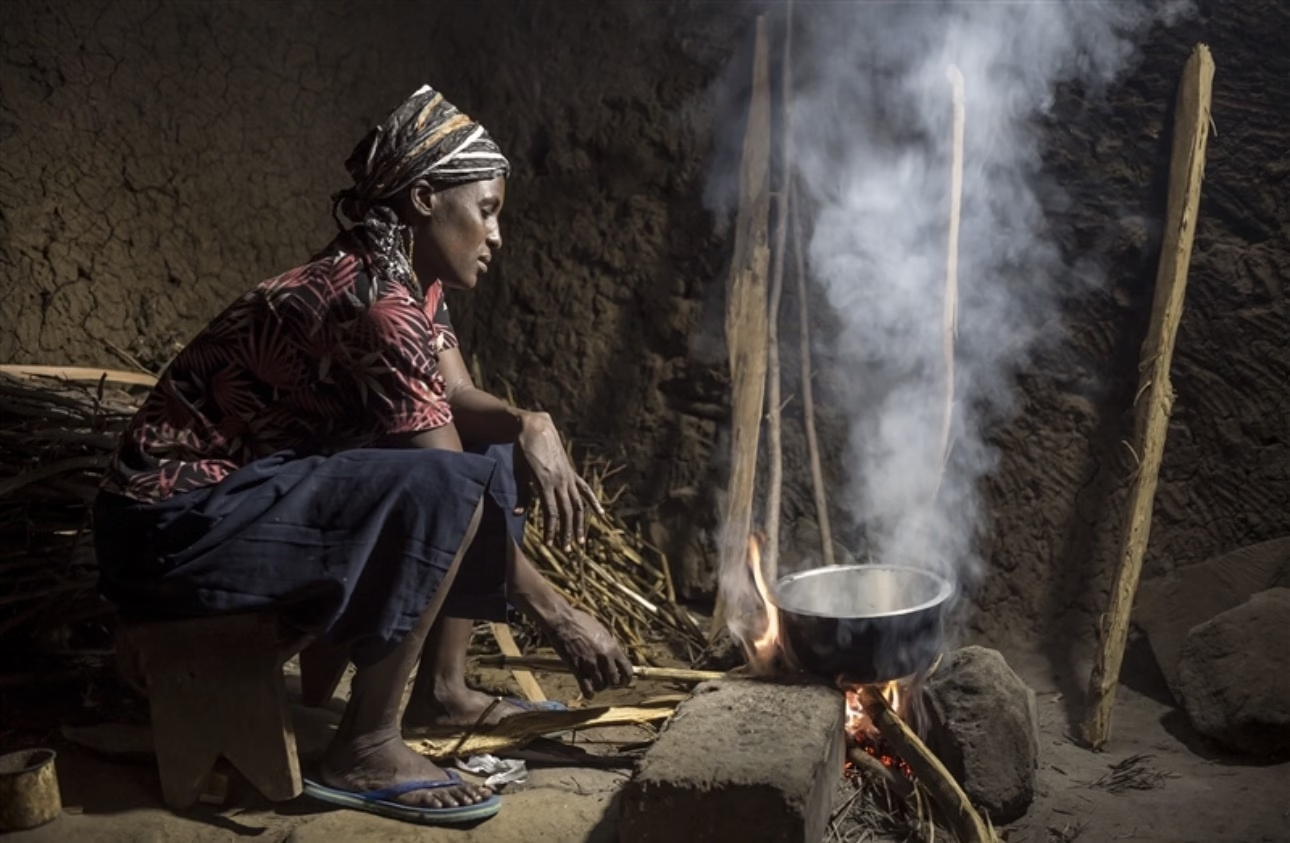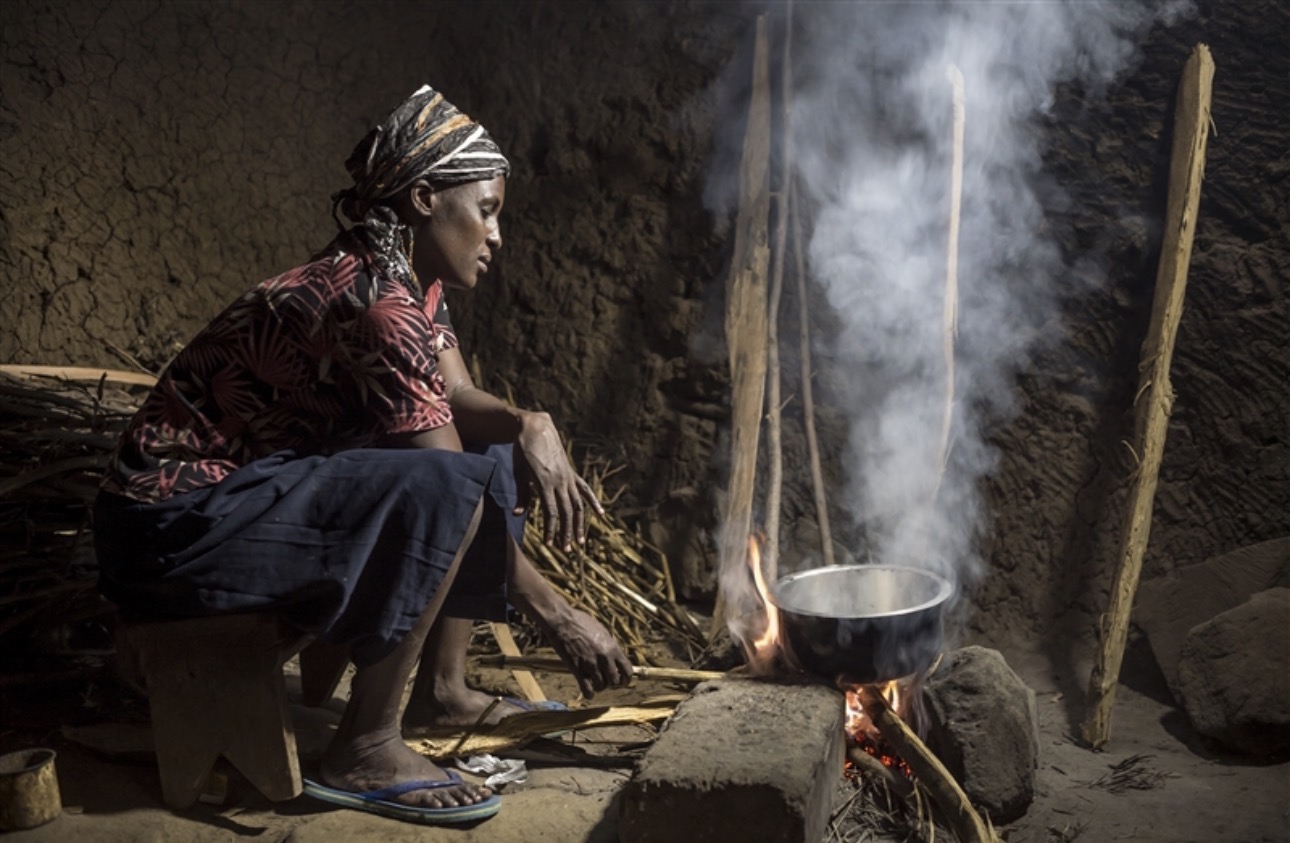Silent Killer in Our Homes: How Indoor Air Pollution Is Taking Lives Across Ghana

While the dangers of outdoor pollution in Ghana’s cities often make headlines, a far deadlier threat continues to claim lives quietly inside homes across the country — indoor air pollution.
From the bustling streets of Accra to rural communities in the Northern and Ashanti regions, thousands of families still rely on charcoal, firewood, and crop residue for daily cooking. In poorly ventilated rooms, the smoke from these fuels fills the air, exposing women, children, and the elderly to toxic fumes that slowly damage their lungs and shorten their lives.
A Hidden Crisis
Health experts warn that indoor air pollution is one of Ghana’s most overlooked public health crises. The World Health Organization (WHO) estimates that air pollution — both indoor and outdoor — causes over 28,000 premature deaths in Ghana each year.
Children are among the hardest hit. Studies have shown that Ghanaian children living in households using unclean cooking fuels face a 73% higher risk of death from respiratory illnesses compared to those in homes using cleaner fuels like LPG or electricity.
“Most people think smoke from cooking is normal,” says a public health researcher in Kumasi. “But these invisible particles are slowly killing us. The real tragedy is that it’s preventable.”
Everyday Life, Deadly Air
In many Ghanaian homes, kitchens are small and poorly ventilated, with no chimneys or open windows. A mother may spend hours over a charcoal stove while her children play nearby — all breathing the same contaminated air.
Burning solid fuels releases fine particulate matter (PM2.5), carbon monoxide, and other dangerous gases. Prolonged exposure can lead to pneumonia, asthma, heart disease, stroke, and lung cancer.

Doctors say they are seeing a growing number of respiratory cases linked to household smoke, especially among women and young children.
The Economic and Social Cost
Beyond health, the impact is economic. Treating chronic respiratory diseases strains families and the national health system. Productivity is also affected when adults fall sick or children miss school due to respiratory infections.
Indoor air pollution also reinforces inequality — affecting mainly poor and rural households who cannot afford cleaner fuels or modern stoves. Women and girls, who spend more time near cooking fires, bear the greatest burden.
Cleaner Solutions, Brighter Futures
Despite the grim reality, there is hope. Several local and international organizations, including the Clean Air Fund and Ghana’s Energy Commission, are promoting clean cooking technologies and awareness campaigns.
Shifting households from charcoal and firewood to LPG, electricity, or improved biomass stoves can save thousands of lives. WHO estimates that if Ghana accelerates access to clean household energy by 2030, nearly 1,800 lives could be saved each year in Accra alone.

Local entrepreneurs are also entering the clean-cooking sector — designing affordable stoves that reduce smoke emissions while preserving heat efficiency. With the right support and financing, this could become a thriving green industry.
Call for Action
Experts say it’s time for Ghana to treat indoor air pollution as a national emergency. Public education, targeted subsidies for low-income families, and investment in cleaner cooking alternatives could make a life-changing difference.
“Every Ghanaian deserves to breathe clean air — not just outdoors, but in their own home,” said one environmental advocate.
Until then, the silent smoke in our kitchens will continue to claim lives — unseen, unheard, and preventable.
Source: Nsemgh.com | Follow us on Facebook | X (Twitter) for more news and analysis.

